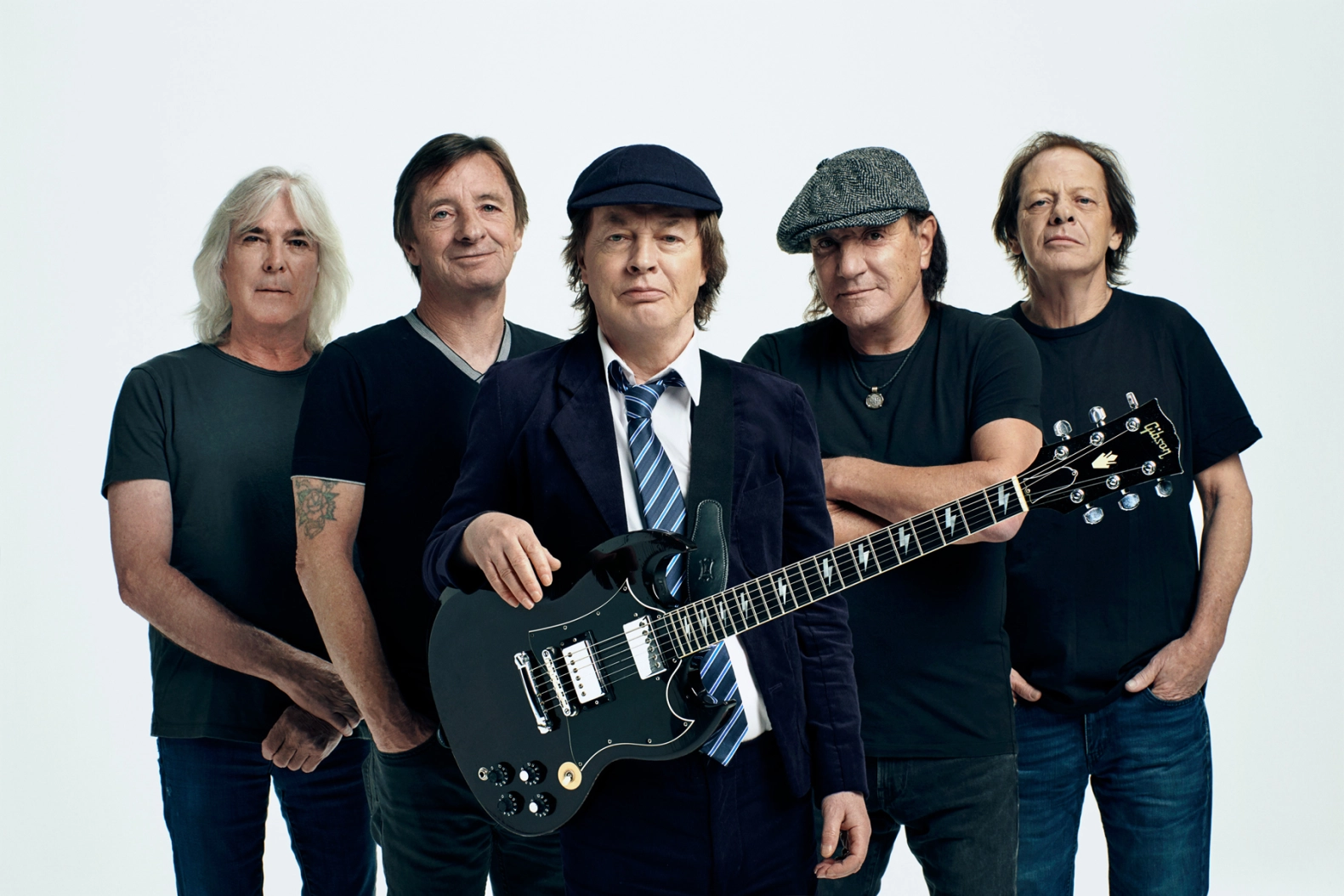In the realm of rock and roll, few names shine as brightly as Angus Young, the electrifying guitarist of the iconic band AC/DC. For decades, Young has graced the stage with his signature schoolboy uniform and blistering guitar solos, captivating audiences around the world.
But behind the thunderous applause and raucous cheers lies a candid perspective on another facet of the music world – progressive rock. In this article, we delve into Angus Young’s views on progressive rock and how it contrasts with his own philosophy of music performance.
In the early 1970s, as the music industry witnessed the rise of progressive rock with bands like Pink Floyd, Genesis, and King Crimson pushing boundaries with intricate, epic compositions, AC/DC was setting a different course. Angus Young, along with his brother Malcolm and the rest of AC/DC, embraced the essence of rock and roll purity. They took simple, high-energy songs with just a few chords and transformed them into the anthems of a generation.
While others ventured into the realm of political doctrine and conceptual rock operas, AC/DC remained committed to crafting straightforward, no-nonsense rock music. Their music was raw, powerful, and designed to make audiences move.
In an era when progressive rock was making waves, Angus Young and AC/DC found themselves at odds with the prevailing musical trends. Among the progressive rock bands that caught Young’s attention, one stood out – Yes. Yes was known for their ambitious and intricate compositions, often turning songs into miniature epics. Tracks like ‘Roundabout’ showcased their virtuosity and willingness to push the boundaries of musical exploration.
However, Young’s assessment of Yes was far from flattering. He remarked, “If I went to see somebody that was ‘musical,’ I’d yawn my head off. I’d end up walking out to the bar. Bands like Yes would be a bore to see unless they had some Sheila strippin’ off.”
Young’s criticism extended to the use of elaborate light shows by progressive rock bands, which he believed were employed to compensate for lackluster performances. He suggested, “Yes would probably come on with a fantastic light show. I’ve never seen them, but they probably use a light show to cover up that they’re bored and their music is boring, and they’re not making people jump.”
In contrast to the grandiose spectacles of progressive rock bands, Angus Young relied on the sheer intensity of his live performances. His iconic schoolboy uniform, initially adopted as a humorous gimmick, became synonymous with his stage presence. When Young hit the stage, he unleashed a torrent of energy that made it impossible to look away.
While AC/DC eventually incorporated visual elements into their live shows, such as the massive bell for ‘Hells Bells’ and cannons for ‘For Those About to Rock,’ it was Young’s unrelenting energy and stage presence that truly captivated audiences.
Angus Young’s perspective on progressive rock offers a fascinating glimpse into the world of rock and roll. While some embraced the complexities and musical explorations of bands like Yes, Young remained resolute in his belief that the true power of music lay in its ability to move and energize the audience. AC/DC’s enduring legacy is a testament to the primal, electrifying energy of rock and roll that Angus Young personified on stage.
In the end, whether one favors the intricate compositions of progressive rock or the unbridled energy of AC/DC, it’s clear that music is a deeply personal experience, and there’s room for diverse tastes in the vast landscape of rock and roll.
